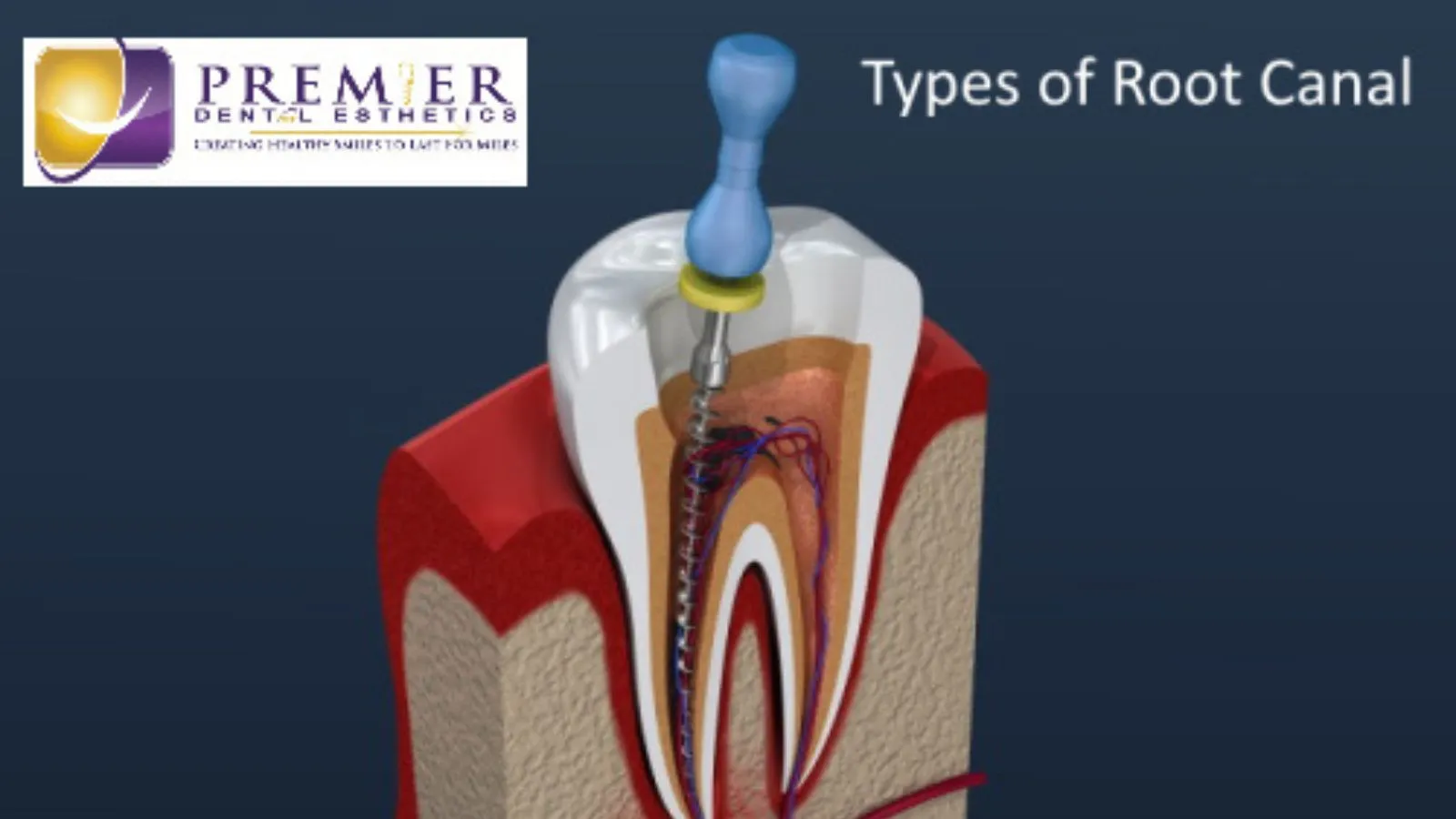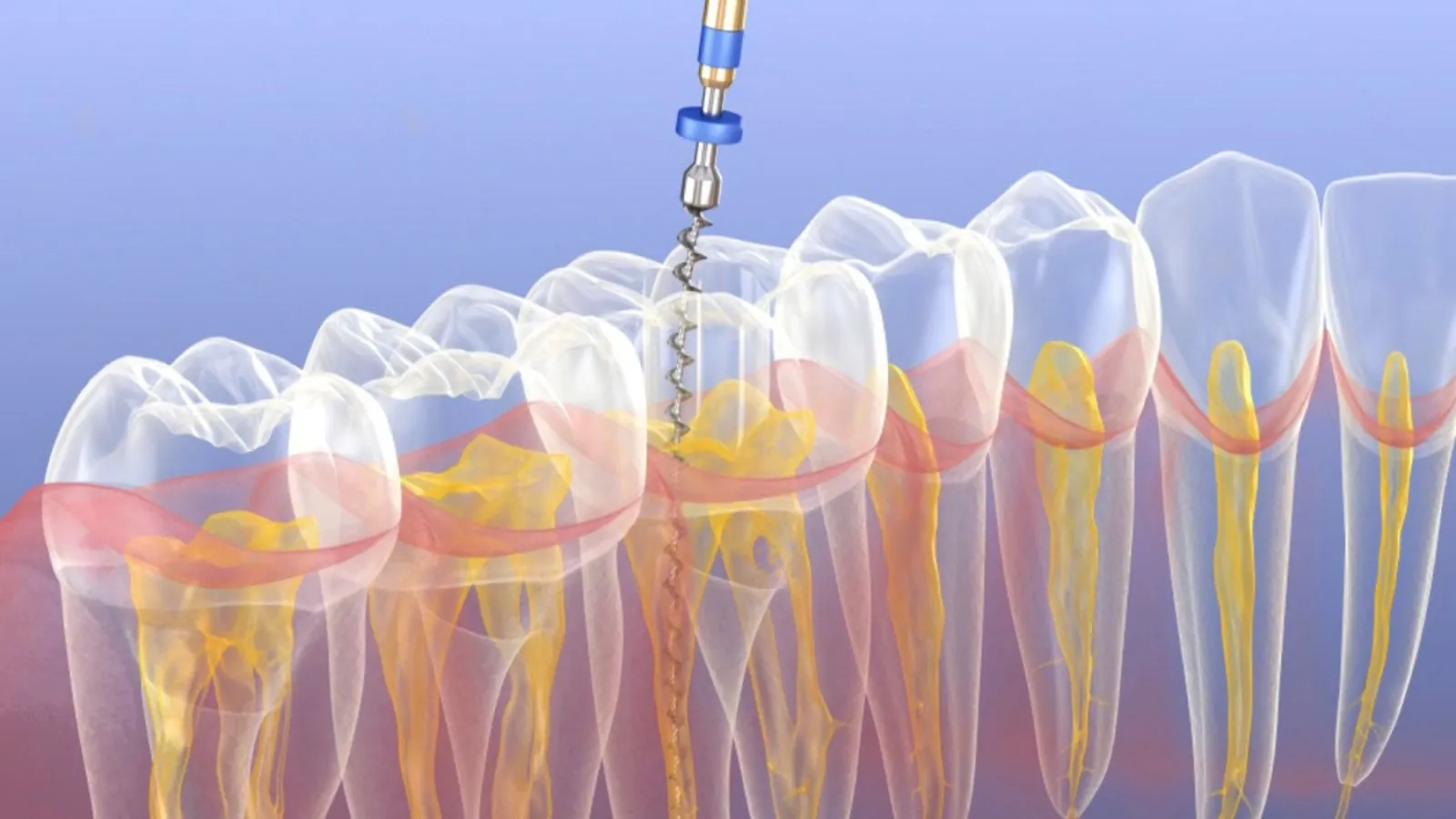
Root canals are common dental procedures aimed at saving damaged teeth. During these treatments, dentists often use local anesthetics to minimize pain. A frequent component of these anesthetics is epinephrine. This raises an important question: can a root canal be done without epinephrine?
Understanding the role of epinephrine in dental work helps patients make informed decisions about their care. Let’s explore the use of epinephrine in root canals and the available alternatives.
Understanding Epinephrine in Dentistry
What is Epinephrine?
Epinephrine is a natural hormone and neurotransmitter. In dentistry, it acts as a vasoconstrictor, narrowing blood vessels to help control bleeding during procedures. By doing so, epinephrine enhances the effectiveness of local anesthetics, ensuring patients remain comfortable throughout their treatment.
Why is Epinephrine Used in Dental Procedures?
Dentists frequently use epinephrine in local anesthetics for several reasons. First, it prolongs the anesthetic effect by slowing the medication’s absorption into the bloodstream, allowing for longer-lasting pain relief.
Second, by constricting blood vessels, epinephrine reduces bleeding during procedures. This provides a clearer field for the dentist and contributes to a more comfortable experience for the patient. Thus, epinephrine plays a crucial role in enhancing patient comfort and safety.
Concerns About Epinephrine in Root Canals
Allergic Reactions and Sensitivities
Some patients may have allergic reactions or sensitivities to epinephrine. Symptoms can include rapid heart rate, anxiety, or increased blood pressure. These reactions can cause discomfort and stress during dental procedures.
Patients with Health Conditions
Certain medical conditions make it advisable to avoid epinephrine. For example, individuals with heart conditions or hypertension may face increased risks. Patients with anxiety disorders may also prefer to skip epinephrine due to its stimulating effects. Understanding these concerns is essential for ensuring patient safety and comfort.
Preference for Non-Epinephrine Solutions
Many patients express a preference for alternatives to epinephrine. Some do so for personal reasons, while others may have medical advice to avoid it. Discussing these preferences with a dentist can lead to a more tailored and comfortable treatment experience.
Can a Root Canal Be Done Without Epinephrine?
Yes, It’s Possible
Yes, a root canal can be performed without using epinephrine. Many dentists can provide anesthesia options that do not contain this vasoconstrictor, making it a feasible choice for patients concerned about its effects. For individuals with specific health conditions or personal preferences, opting for a non-epinephrine approach is a valid and often safe alternative.
Alternative Anesthetic Solutions
Dentists can utilize several effective anesthetic alternatives that do not include epinephrine. Mepivacaine and carbocaine are two commonly used options. Mepivacaine provides adequate pain relief while minimizing potential side effects associated with epinephrine.
Carbocaine, another alternative, is favored for its effectiveness without causing the stimulating effects often linked to epinephrine. These alternatives allow dentists to ensure patient comfort while addressing concerns about using epinephrine.
Duration and Effectiveness of Non-Epinephrine Anesthetics
While non-epinephrine anesthetics can effectively numb the area for a root canal, there are some differences to consider. One notable aspect is the duration of numbness; non-epinephrine options may not last as long as those that include epinephrine. Patients might experience a return of sensation sooner, which could lead to discomfort if the procedure is lengthy.
Additionally, higher doses of these alternatives may sometimes be required to achieve the desired level of numbness. This means that, while they are effective, the overall experience might vary compared to traditional anesthetics containing epinephrine.
Discussing these factors with your dentist can help you choose the best anesthetic option for your specific needs, allowing for a comfortable and efficient root canal procedure.
What to Expect Without Epinephrine?
Pain Management
When dentists perform root canals without epinephrine, they rely on other methods for pain management. This may include administering larger doses of alternative anesthetics or additional sedation techniques. Dentists ensure that patients remain comfortable throughout the procedure.
Bleeding and Swelling
One difference patients might notice is increased bleeding or swelling. Since epinephrine constricts blood vessels, its absence can lead to more bleeding during the procedure. However, dentists are trained to manage this effectively.
Procedure Duration
Patients can generally expect a similar overall experience without epinephrine. However, the duration of numbness may be shorter. Recovery time might vary slightly, but most patients find the differences manageable.
Who Should Consider Avoiding Epinephrine?
Patients with Specific Medical Conditions
Patients with certain health conditions should consider avoiding epinephrine. Those with hypertension or arrhythmia, for example, might benefit from alternative anesthetic options. Consulting a dentist about these conditions is crucial for safety.
Patients with Known Allergies
Individuals with known allergies to epinephrine should discuss this with their dentist. Understanding personal medical history is vital for determining the safest anesthetic options.
In summary, a root canal can be done without epinephrine. Effective alternatives exist, and patient safety should always come first. Contact your dentist for guidance if you have concerns about epinephrine or your anesthetic options. Open communication ensures you receive the best possible care tailored to your needs




